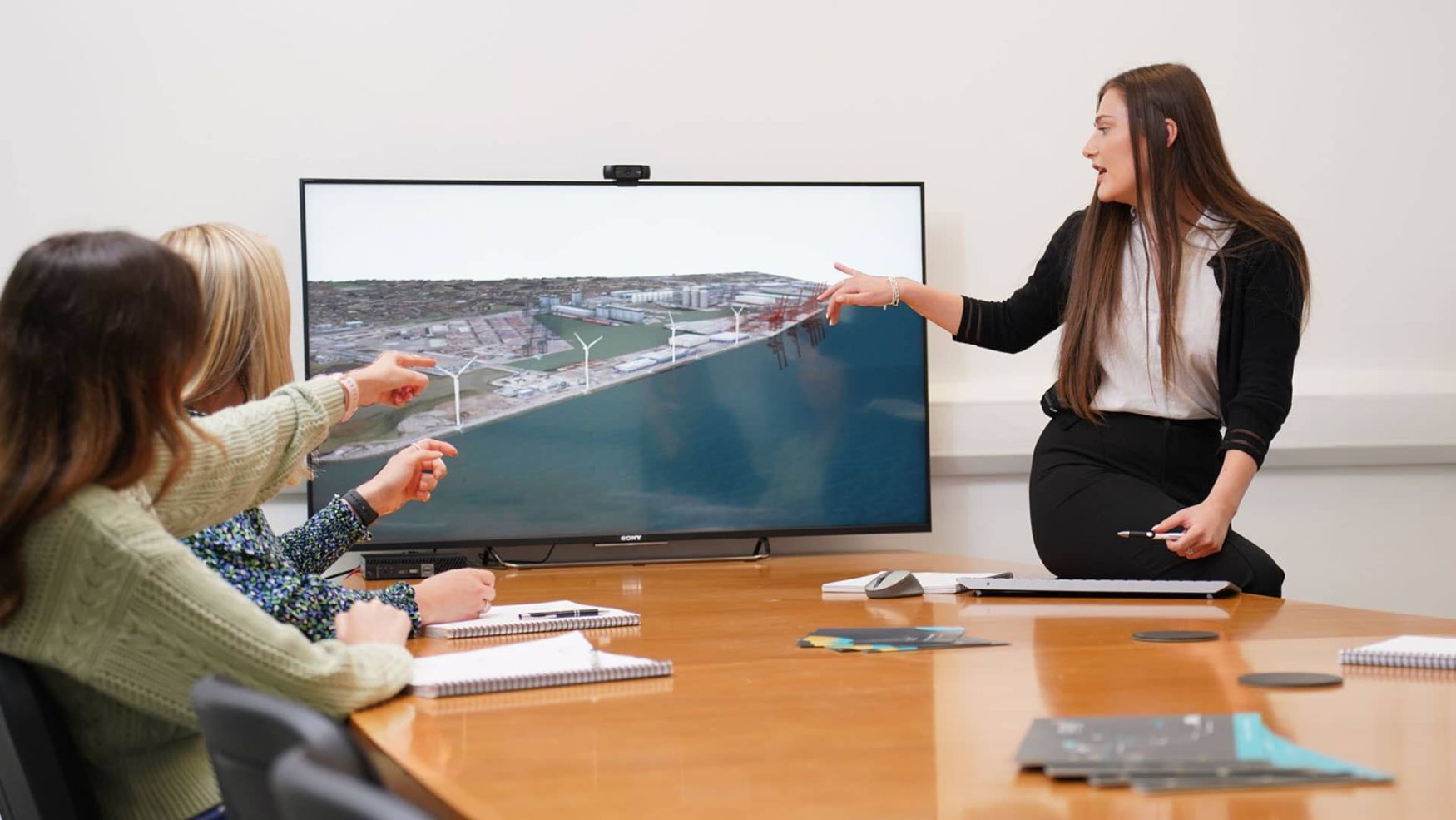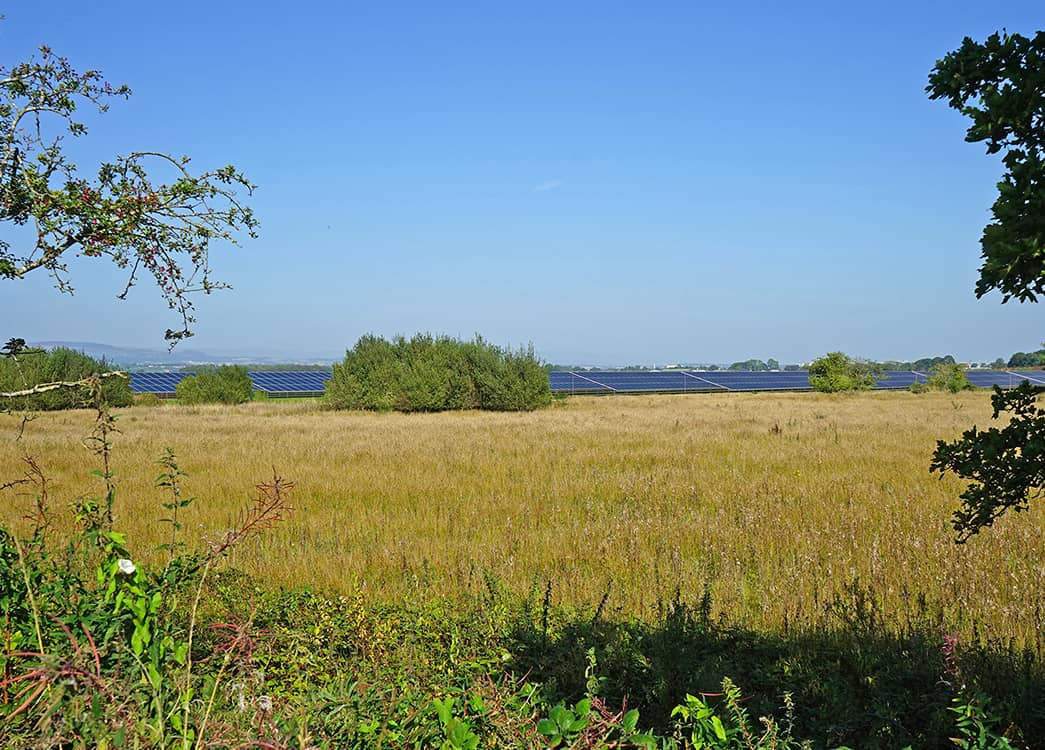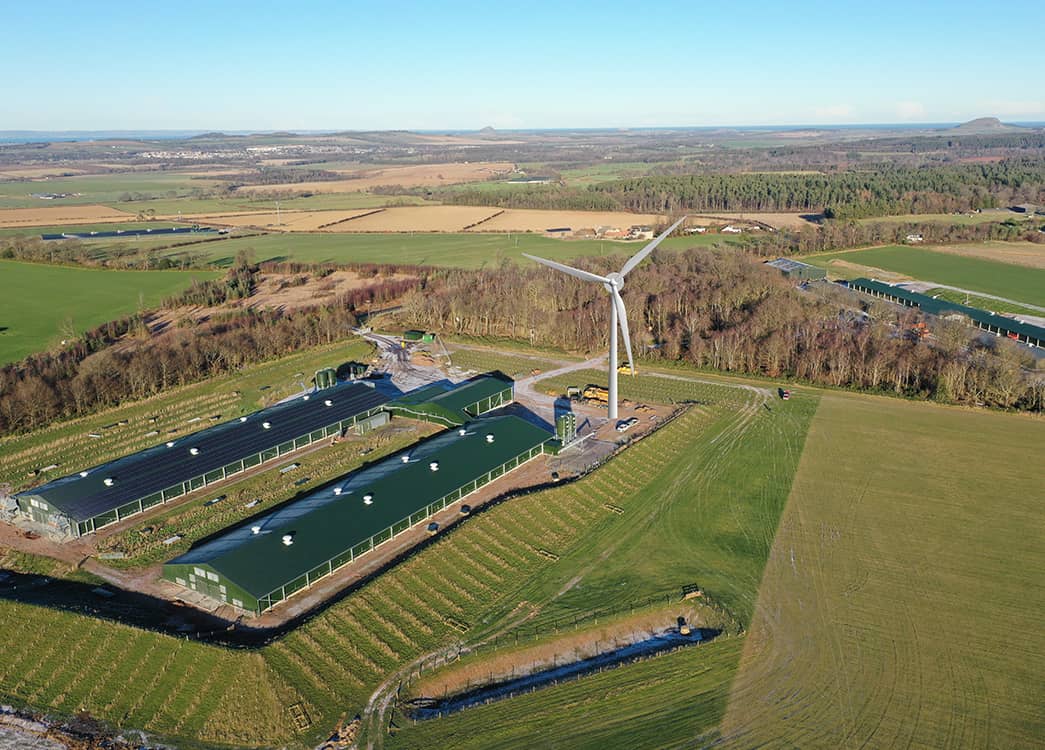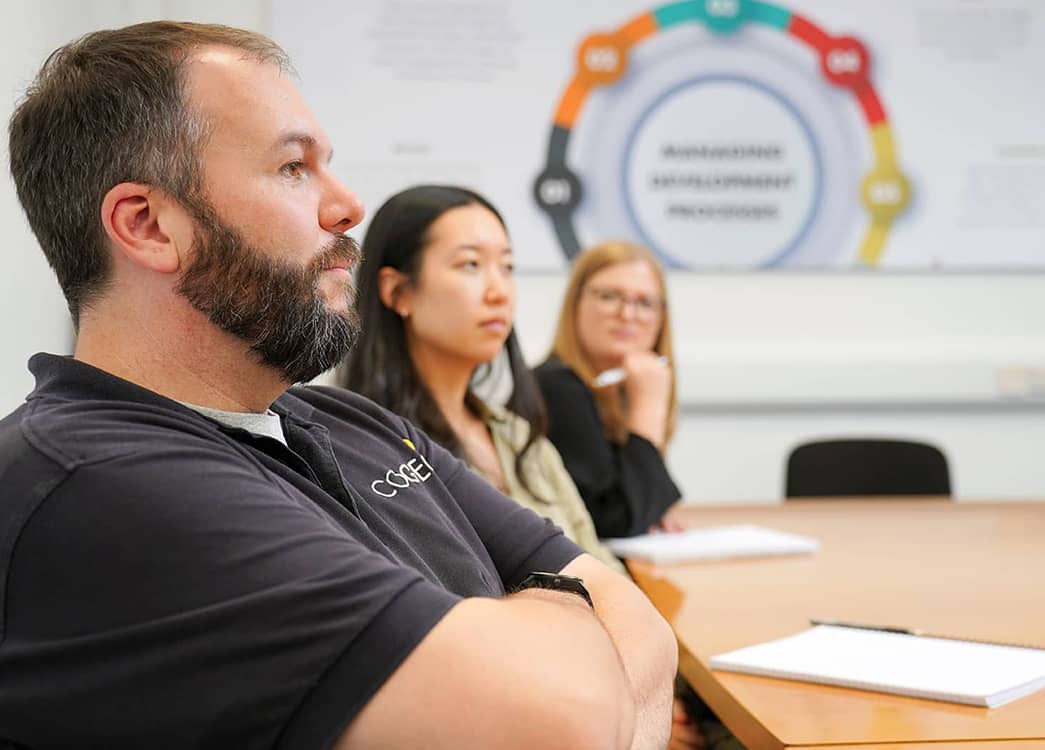02

5 Principles Developers Should Know
Sonal D’Souza, Lead Project Consultant at Cogeo

Good communication doesn't just support planning success — it defines it.
Communication is vital in any project, especially those which have community involvement and engagement. What’s the story of the development? What do people need to understand about the benefits? How have we addressed concerns? How can we translate complex assessments into easy-to-understand, accessible information?
None of these questions is more important than when you take your project out to the public. Let’s be honest; community consultation can often feel like one of the more unpredictable aspects of the planning process.
As someone working closely with developers across the UK, I’ve seen firsthand how effective communication can transform a consultation into a real asset.
At Cogeo, we’ve supported energy developers through consultation on projects large and small. And no matter the scale, we apply five core principles that help make the process clear, constructive, and credible for everyone involved.
But before we begin… We’d better share a fundamental everyone should remember: All planning applications are public.
The community is always involved. Every application is available for public feedback and open to comment, support and representation. Being aware of the public’s thoughts, positive or negative, and any potential concerns, worries, or queries before the determination stage is hugely beneficial and is underpinned by our Core Value of Communication.
Our five core principles of good communication to build trust
1. Sell the Story
Every energy project exists for a reason. Maybe it’s about securing grid resilience, supporting a local business or transitioning to net zero. Whatever the primary reasons are, the purpose needs to be crystal clear and front and centre of any project.
If you don’t tell your story, who will?
We guide clients to lead with purpose, explaining why the project matters, and who it benefits. That might include local economic benefits, land diversification, or alignment with climate policy. When people see the “why,” they’re likelier to listen to the “what.”


2. Clarity Is Confidence
One of the most significant barriers to positive engagement is trust. If a community doesn’t understand the proposal, misinformation can undermine confidence.
That’s why we keep things clear, honest and easy to understand. We try to prioritise mapping, modelling and visualisation of information to make it accessible, something we continue into our planning applications. The result: People feel informed, not overwhelmed. And that confidence is contagious — it helps planning officers, elected members, and community stakeholders understand project objectives and make informed decisions.

3. Engage Early
Waiting until the plans are locked in can seem like the safe option, but by then, you’ve lost your best chance to understand the local narrative.
Early engagement helps you spot issues before they become problems. It also signals to communities that you’re willing to have a conversation, rather than just deliver a presentation.
Put into practice; this could translate to hosting early-stage drop-ins, using online feedback tools, or potentially communicating directly with neighbours. We tailor each strategy to the context, but the principle is always the same: the earlier you engage, the better your outcomes.

4. Listen — and Act on Feedback
Consultation is a process that only works if there’s a genuine willingness to listen.
That doesn’t mean saying yes to everything. But it does mean recording feedback properly, considering it openly, and showing why something remains the same or the changes applied as a result of constructive feedback. We build clear audit trails that demonstrate how the proposal has evolved, something both communities and planning authorities’ respect.

5. Some People Will Object, regardless — that’s Okay
Not every consultation ends with everyone’s concerns satisfied. Some projects will face resistance. Our role is to ensure that any opposition is handled respectfully and constructively. More importantly, we ensure concerns are addressed directly and clearly as part of any planning application.
When it comes to planning decisions, what matters is not avoiding objections but being able to show you’ve addressed concerns with thoughtful and considered design.

Turning Engagement Into Advantage
We don’t see consultation as a formality. It’s a strategic opportunity to build understanding, reduce planning risk, and improve project outcomes.
These five principles guide our approach to every project. While each development has its own challenges, the value of clear, confident communication never changes.



